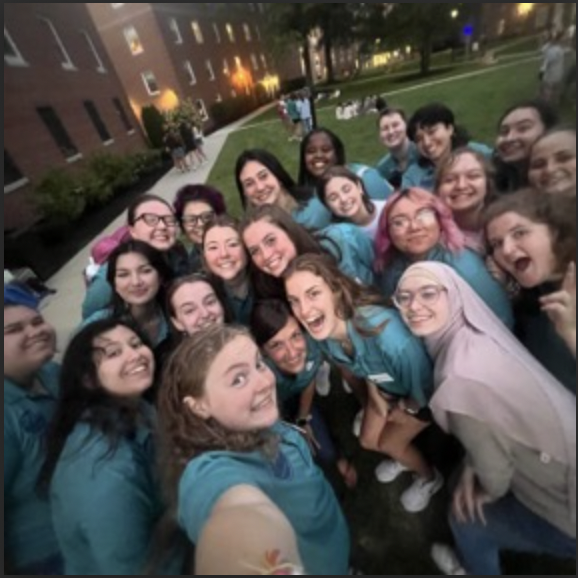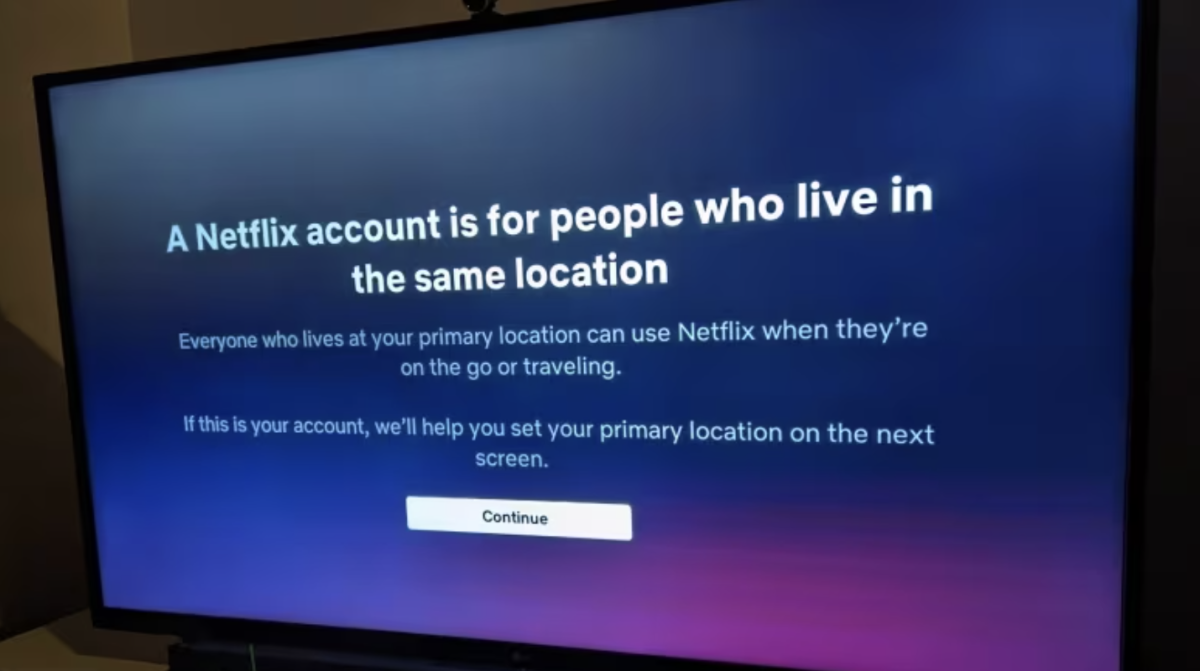In the wake of a recent effort to defund Planned Parenthood, which was approved by the U.S. House of Representatives this past week, the necessity of reproductive justice becomes painfully clear. Although the Roe v. Wade decision was made by the U.S. Supreme Court back in 1973, ongoing access to reproductive rights remains a highly contested topic.
Democrats recently blocked a bill aiming to ban late-term abortions, but the Republican-majority House and Senate still make consistent efforts to introduce similar measures which would deny reproductive rights to those individuals who need them most.
Many students are ambivalent about the “pro-choice” label, often due to the misconception that “pro-choice” also means “pro-abortion.” In fact, being pro-choice simply means being in favor of individuals’ autonomy: in other words, believing that people should be in control of what happens or does not happen to their own bodies. The goal of having freer access to reproductive health care entails many things, including pregnancy prevention, which reduces the need for abortion procedures before they even become necessary. Additionally, advocating for paid sick leave is a form of reproductive justice, and benefits individuals who choose to remain pregnant.
Abortion access intersects with many other aspects of societal standing, including race, class, gender, ability, and so on. Marginalized communities often get left out in considerations of reproductive rights, and although there have been recent efforts to advocate more strongly for underprivileged people in these matters, there remains a divide between privileged and underprivileged individuals in the reproductive justice discussion.
Although the reproductive rights debate often centers on abortion specifically, defunding Planned Parenthood would have more negative repercussions than many people realize. In fact, under the Hyde Amendment, the federal dollars that fund Planned Parenthood cannot legally be used for abortion-related health procedures, so the fiscal effects of defunding the organization would not impact the aspects of Planned Parenthood that are so hotly contested.
Reproductive rights go beyond access to abortion as well. For
instance, reproductive rights encompass access to birth control, emergency contraception, health care over the duration of pregnancy, STI testing, thorough and medically accurate sex education, and so on. Similarly to abortion access, there remains a lack of resources for underprivileged groups, particularly racial minorities, transgender individuals, low-income people and people on welfare, and individuals with disabilities.
There are very few regulations with regard to access and dissemination of this information. Nationwide, sex education varies widely, often to the detriment of young adults; incomplete sex education, including abstinence-only sex education, is linked with higher rates of teen pregnancy and sexually transmitted infections.
For young adults seeking abortions, there are actually restrictions on their access to these procedures, known as “parental notification,” which require that legal guardians be notified that the young person in question is pursuing such a procedure. This is hugely detrimental to survivors of rape and incest, and inhibits bodily autonomy.
Likewise, information about abortion procedures themselves is not regulated, and clinics are not required to be medically referred, which allows the existence of crisis pregnancy centers, or CPCs, which provide medically inaccurate information to individuals seeking abortions. For instance, some of these centers tell individuals that they will no longer be able to become pregnant if they follow through with an abortion procedure, even though that is not backed by medical evidence at all.
Other anti-choice measures include unreasonable regulations of abortion-providing facilities, which are essentially put in place to ensure that these facilities do not adhere to regulation and are forced to close. Known as targeted regulation of abortion providers, or TRAP, these measures prohibit access not only to abortions but also other health care, such as cancer screenings, STI testing, and so forth.
Although Massachusetts may be considered a progressive state, and the Massachusetts state legislature is primarily comprised of pro-choice congresspeople, there remain many laws in place which inhibit reproductive rights for people living here.
There is currently no statewide mandate for medically accurate sex education, and although it is currently irrelevant in light of Roe v. Wade, there is a criminal ban on abortion in Massachusetts that would go into effect if the Roe v. Wade decision was overturned, which is still a concrete possibility.
As members of a women-centered college, we have the responsibility to be aware of our own rights, and pursue legislature that will maintain and improve our access to appropriate sex education, reproductive health care, birth control, emergency contraception, and so on. Additionally, it is important to note that not all people seeking these resources are women; people of all genders require health care and access to reproductive care.
It is crucial that we educate ourselves on matters related to reproductive justice, and strive to maintain and improve access to reproductive care.
























